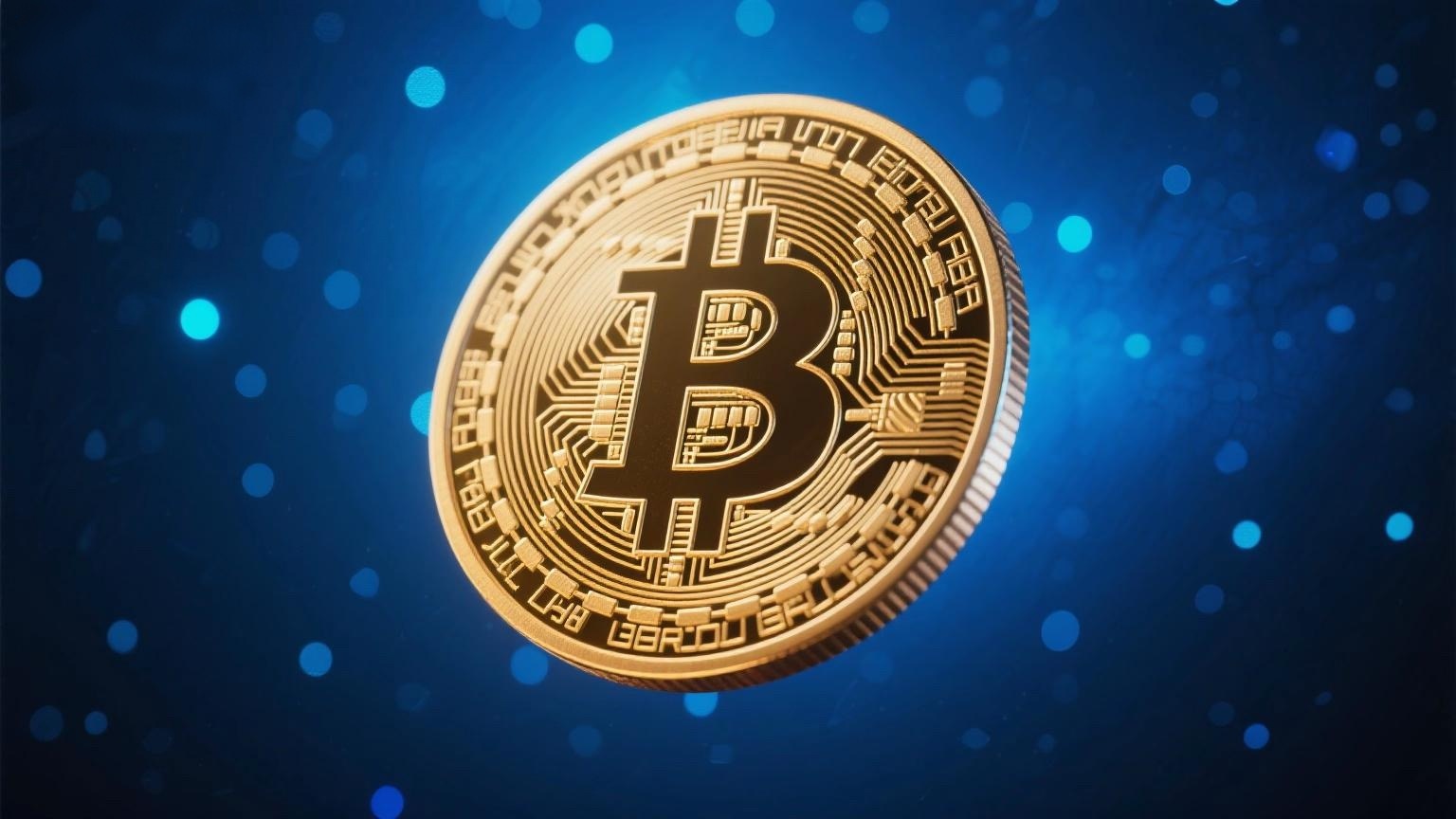
In 2018, as blockchain was excessively hyped and over-prosperous, a vigorous process of de-bubbling began, plunging the entire industry into a winter. However, crisis and opportunity coexist. This cyclical downturn in the industry also provided the perfect timing for international giants to enter the scene.
In February 2019, Wall Street’s financial behemoth JPMorgan Chase officially sounded the horn for global giants to enter the blockchain field. Subsequently, major players like Goldman Sachs, UBS, Citigroup, and Microsoft also announced their involvement in blockchain. Among them, the most influential was the internet social media giant Facebook.
On June 18, 2019, Facebook officially announced that it would issue its own digital currency, Libra, and released the Libra Stablecoin White Paper. According to the white paper, Libra would utilize blockchain technology and operate on the Libra Blockchain. Its goal was to become the foundational infrastructure for global finance, scaling to billions of accounts and supporting high transaction throughput.
Additionally, Libra was not pegged to a single fiat currency as a reserve asset for 1:1 equivalence. Instead, Facebook would hold reserves in multiple national fiat currencies, forming reserve assets in specific proportions and pegging them to a basket of currencies to maintain stable exchange rates.
In simple terms, Facebook aimed to issue a digital currency that could truly function as a payment method. To achieve this, Facebook partnered with 29 institutions, including Uber, eBay, PayPal, Coinbase, and Xapo, spanning industries such as media, telecommunications, e-commerce, transportation, music, travel, payments, and blockchain, forming the Libra Association to provide various use cases. Users could use Libra through Facebook’s suite of social products for activities like hailing rides, shopping, and investing—essentially a cross-border version of WeChat Pay.
At the time, Facebook had 2.7 billion global users. If the project succeeded, it would instantly become the largest application in the blockchain space. However, the accompanying negative impact would challenge the monetary sovereignty of nations, creating a financial "state within a state" under Facebook’s control.
Thus, in July 2019, the U.S. House of Representatives issued a formal demand to halt the Libra project. That same month, both houses of the U.S. Congress held a dedicated hearing on Libra, citing financial regulation concerns. During the hearing, lawmakers raised questions about Libra’s regulatory jurisdiction, user data privacy protection, business model details, and potential monopolistic practices, concluding that the project posed risks in regulation, security, and monopoly. Subsequently, European countries, led by Germany and France, followed suit, resisting Libra and demanding significant changes from Facebook.
Ultimately, in October 2019, Libra met a dismal end, with Facebook delaying its launch and a quarter of the Libra Association’s members withdrawing.
However, while Facebook failed, other giants achieved remarkable success with blockchain applications that year, solidifying the entire blockchain industry’s transition from theory to practice.
















